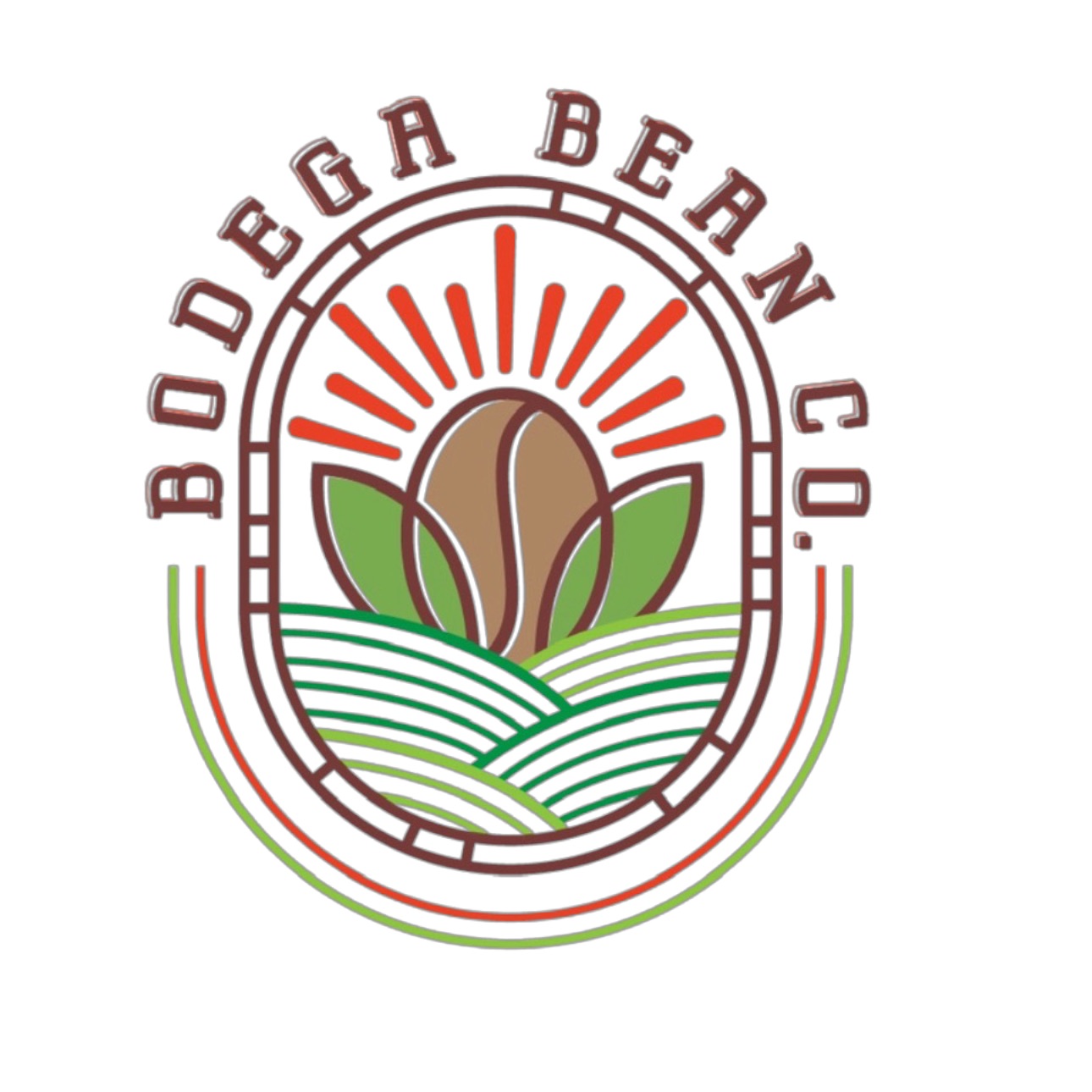Exploring the Evolution of Coffee Brewing: A Sustainable Future Ahead?
- Bodega Bean Co.

- Apr 15
- 3 min read
Coffee has transitioned from a simple beverage to a cultural icon, existing at the intersection of artistry, technology, and sustainability. The rising demand for eco-friendly practices is essential for ensuring that our love for coffee does not come at the expense of our planet. With this blog post, we will delve into the ongoing coffee revolution that emphasizes sustainable brewing methods, highlighting innovative techniques and practices that are shaping the future of coffee.
The Importance of Sustainability in Coffee Production
Sustainability has become a pivotal objective in various industries, and coffee production is no exception. With millions of cups consumed daily around the globe, the environmental impact of traditional coffee farming is significant.
Deforestation, soil degradation, and water usage are major concerns linked to coffee cultivation. As consumers become increasingly aware of these issues, they are demanding change. Sustainable coffee practices emphasize ecological balance, ensuring that coffee is produced in a way that protects the planet and supports local economies.
By championing sustainable brewing and consumption methods, coffee enthusiasts can help mitigate the negative implications of coffee production while enjoying their beloved beverage.
Innovations in Sustainable Coffee Brewing
Sustainable brewing methods have evolved substantially over the years, introducing both innovative technologies and traditional practices that respect the environment. Here are some prominent advancements taking root in the coffee industry:
1. Energy-Efficient Brewing Equipment
Modern coffee machines are being designed with energy efficiency in mind. Brands are increasingly introducing machines that consume less electricity while maintaining high-quality brews. Features like programmable timers allow users to brew their coffee during off-peak hours, reducing the strain on energy grids.
2. Sustainable Sourcing of Beans
Sourcing coffee beans from environmentally friendly farms is a fundamental aspect of sustainable brewing. Certifications like Fair Trade and Rainforest Alliance ensure that coffee is produced ethically, supporting farmers and promoting biodiversity. By choosing certified brands, consumers can help preserve ecosystems and enhance the livelihoods of coffee growers.
3. Reusable Coffee Filters and Pods
The trend towards sustainability has also impacted how coffee is brewed at home. Single-use coffee pods often contribute significantly to environmental waste. However, many manufacturers now produce reusable coffee filters and pod alternatives, providing a greener option for avid coffee drinkers. This switch not only reduces waste but can also lead to better-tasting brews, as users can select their preferred coffee grounds.
4. Cold Brew and Minimal Water Use
Cold brewing methods have gained popularity in recent years due to their efficiency and minimal water usage. By steeping coffee grounds in cold water for an extended period, coffee enthusiasts can enjoy a smooth and rich flavor while reducing energy consumption and waste.
5. Compostable Packaging
As consumers become more eco-conscious, brands are addressing packaging waste by using compostable materials. This innovation allows coffee lovers to enjoy their favorite flavors while minimizing their carbon footprint. With compostable bags and containers, the industry is making strides towards sustainable packaging.
The Role of Consumer Awareness
As the coffee industry evolves, consumer awareness plays a vital role in driving the transition towards sustainability. Education about sustainable practices empowers consumers to make informed choices about the coffee they purchase and brew.
Coffee drinkers should consider exploring brands committed to ethical sourcing and environmentally friendly practices. By understanding the significance of certifications and the impact of their purchasing choices, consumers can actively participate in the coffee revolution.
The Future of Coffee Brewing
The future of coffee brewing holds great promise as sustainable practices become increasingly prioritized. The incorporation of technology in farming, brewing, and packaging is enhancing efficiency while reducing the environmental impact.
Advancements like precision agriculture, which utilizes technology to accurately apply water and fertilizers, minimize waste and enhance yield. Additionally, the development of smart coffee machines that optimize brewing conditions can further contribute to a more efficient and sustainable coffee experience.
As more consumers seek out eco-friendly options, companies will inevitably respond to this demand. The coffee revolution is not merely an industry trend; it's a collective movement towards a sustainable future.
Conclusion
The evolution of coffee brewing is closely intertwining with the pursuit of sustainability. As awareness of the environmental impacts of coffee production grows, innovative brewing methods and ethical sourcing practices are emerging to meet consumer demand.
From energy-efficient equipment to compostable packaging, the coffee revolution is paving the way for a greener future that honors both the beverage itself and the world we inhabit. As coffee lovers, embracing these changes can significantly contribute to a more sustainable coffee culture—one that prioritizes the health of the planet while delivering the rich flavors and experiences we cherish.
In navigating this evolving landscape, we invite you to join the coffee revolution. Make intentional choices about how you brew and purchase your coffee, and help cultivate a sustainable future for the next generation of coffee enthusiasts.



Comentários